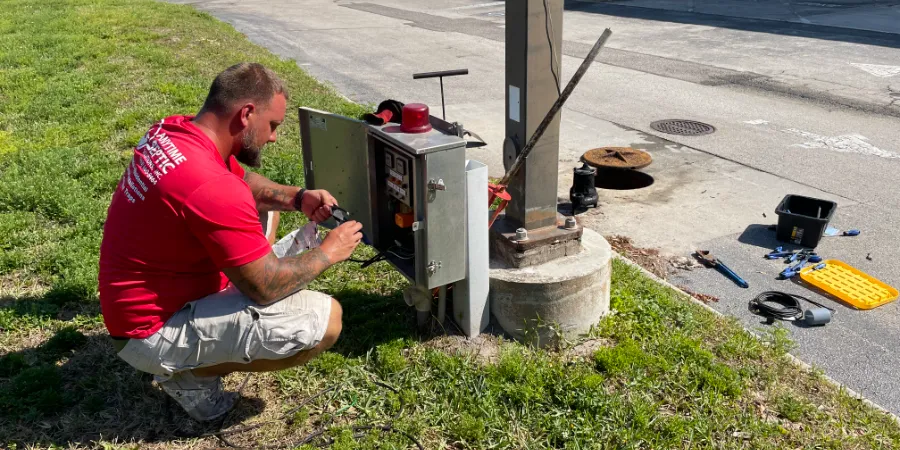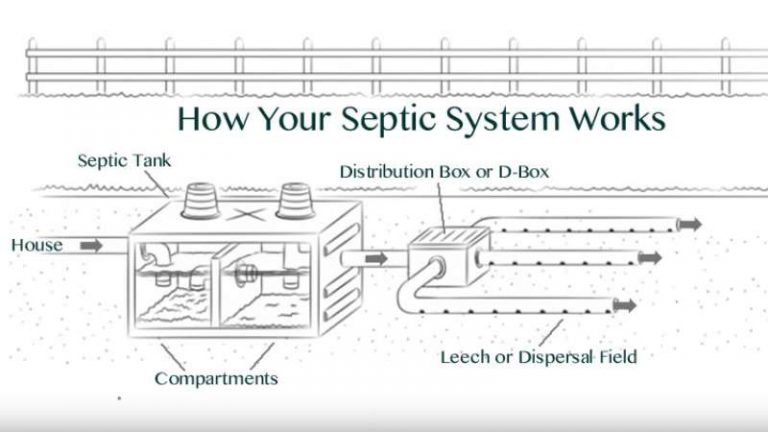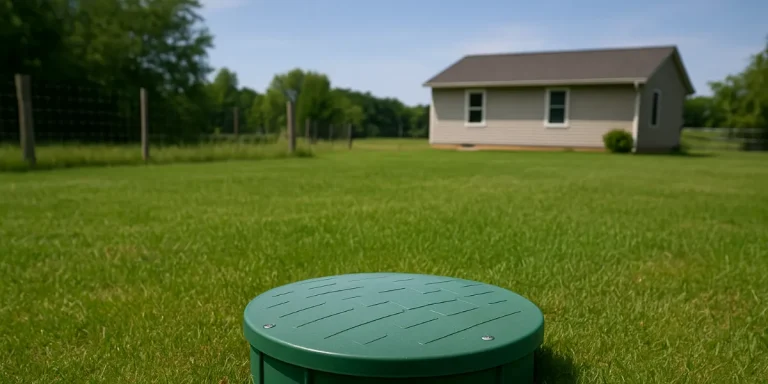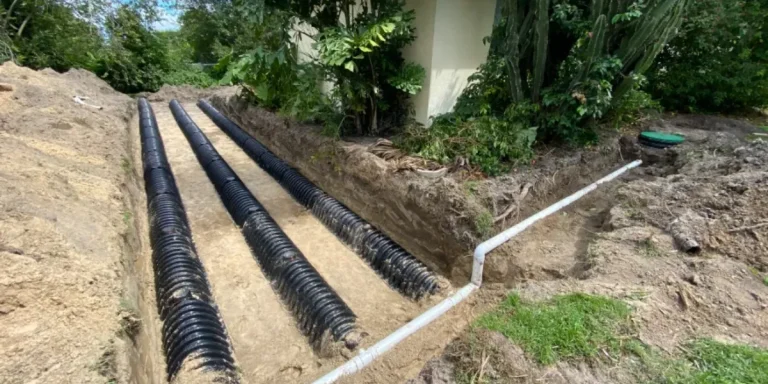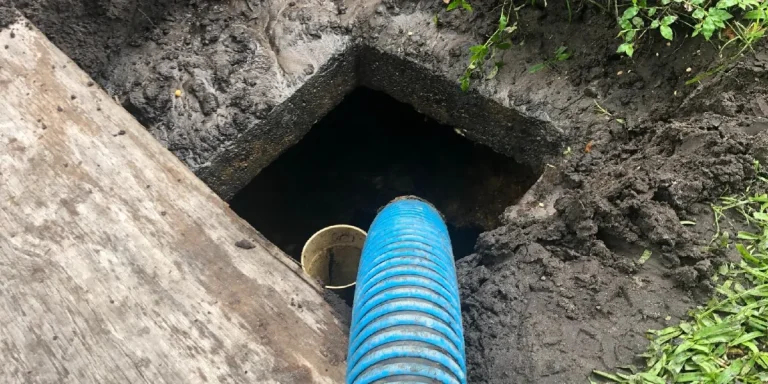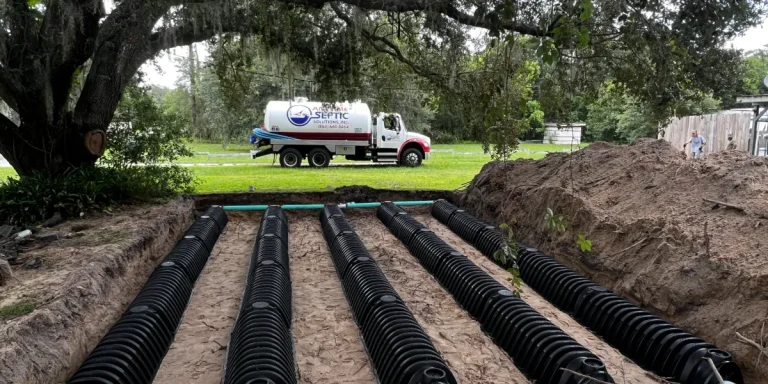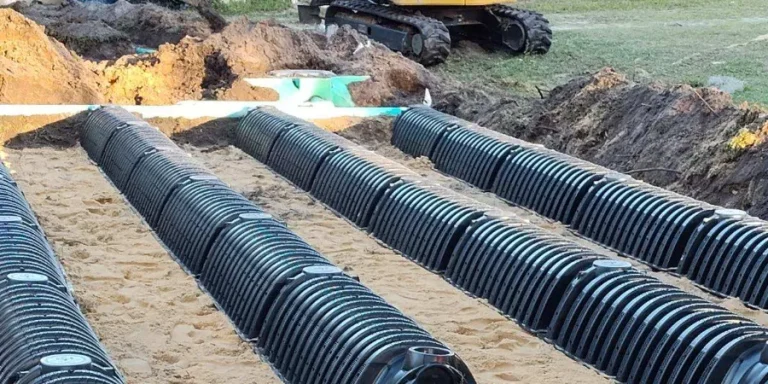Septic System Information for Home Buyers in Lakeland, Florida
Septic System Information for Home Buyers in Lakeland, Florida
Understanding Septic Systems
If you're considering buying a home or property with a septic system in Lakeland, Florida, and surrounding areas like Auburndale, Haines City, Lake Wales, Polk City, Plant City, and Winter Haven, it's essential to understand how these systems work and what to look for during your purchase. Here are some key points and tips to help you make an informed decision.
How Septic Systems Work
A septic system typically consists of a septic tank and a drain field. Wastewater from the home flows into the septic tank, where solids settle to the bottom, and effluent flows out to the drain field. The drain field then filters and disperses the wastewater into the soil.
Tips for Home Buyers
Get a Professional Inspection
Before purchasing a property, have the septic system professionally inspected. This will identify any existing problems and give you an idea of the system's condition. Look for a licensed inspector like Anytime Septic Solutions, Inc. who is familiar with local regulations in Polk County.
Request Maintenance Records
Ask the current owner for maintenance records. Regular maintenance, such as septic pumping and inspections, is important for a healthy septic system. Records can provide insight into how well the system has been cared for.
Check for Proper Permits
Ensure the septic system has the necessary permits and was installed according to local regulations. This can prevent future legal issues and ensure the system is up to code.
Understand the Soil Conditions
Soil conditions significantly impact the effectiveness of a septic system. Poor soil drainage can lead to system failures. An inspection should include a soil evaluation to ensure the drain field will function correctly.
Look for Signs of Trouble
During the inspection, look for signs of septic system problems, such as slow drains, foul odors, lush grass over the drain field, and wet spots in the yard. These can indicate underlying issues with the system.
Assess the Tank and Drain Field Size
Ensure the septic tank and drain field are appropriately sized for the home's size and usage. An undersized system can lead to frequent maintenance issues and potential overflows.
Know the Locations of All Components
Locate Septic System Components
Knowing the location of the septic tank, drain field, and any other components is crucial for proper maintenance and troubleshooting. Ensure these locations are clearly marked and easily accessible.
Importance of Accessibility
Easy access to septic components allows for routine inspections and maintenance without excessive digging. This can save time and money during service calls.
Immediate Maintenance to Perform
Pump the Septic Tank
If the previous owners cannot provide recent maintenance records, assume that little to no maintenance has been done. Schedule a septic tank pumping immediately to prevent potential backups and system failures.
Inspect and Clean Effluent Filters
Effluent filters help prevent solids from entering the drain field. Ensure these filters are inspected and cleaned during the initial maintenance visit.
Assess the Condition of the Drain Field
Check for any signs of saturation, poor drainage, or root infiltration. Addressing these issues early can prevent more serious problems down the line.
Ask for Records and History
Request Detailed Maintenance History
Ask the current owners for detailed records of all maintenance performed on the septic system. This should include dates of pumping, inspections, repairs, and any upgrades.
Be Prepared for Repairs
If the current owners cannot provide maintenance records, be prepared for potential septic system repairs. An initial inspection by a professional can identify any immediate needs and help you plan for future maintenance.
Common Questions Home Buyers Have
Can I Add an Extra Bathroom?
Adding an extra bathroom can increase the load on your septic system. Ensure the system can handle the additional usage by consulting a professional before making any modifications.
How Often Should the Septic Tank Be Pumped?
Generally, septic tanks should be pumped every 3 to 5 years, depending on the tank size and household usage. Regular septic pumping prevents solids from building up and clogging the system.
What Can I Do to Maintain the System?
Use septic-safe products, avoid flushing non-biodegradable items, conserve water, and have regular inspections and pumping. Proper maintenance can extend the life of your septic system.
What Should I Do if I Notice Problems?
If you notice any signs of trouble, such as slow drains, foul odors, or wet spots in your yard, contact a professional like Anytime Septic Solutions immediately. Early intervention can prevent more serious issues and costly repairs.
Want A Professional To Inspect The Septic System For Your Real Estate Transaction?
Buying a home with a septic system in Lakeland, Florida, and surrounding areas can be a smart choice if you know what to look for and how to maintain it. If you need a professional inspection or have any questions about septic systems, contact Anytime Septic Solutions, Inc. today at (863) 397-0720. Our team of experts is ready to help you with all your septic system needs. Call us now or fill out our contact form to schedule a service and ensure your new home's septic system is in excellent condition.

